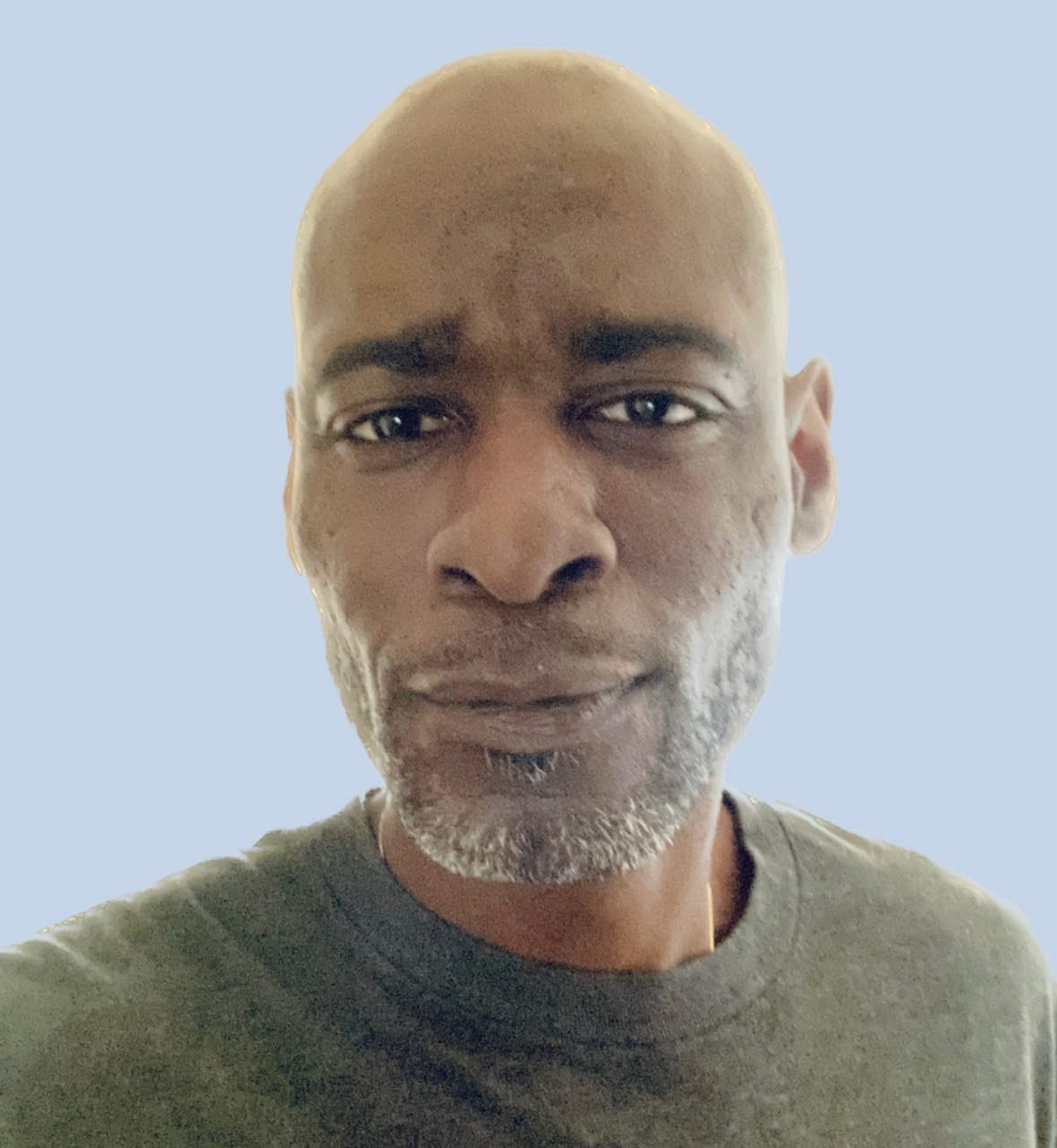Last week, we covered the powers of courage and knowledge. In our final installment, let’s discuss finding your voice, in depth.
FIND YOUR VOICE
In their book Own the Room, authors Amy Jen Su and Muriel Maignan Wilkins define Signature Voice as a hybrid of “voice for self” and “voice for others” — the former involves one presenting their unique value and distinctiveness, and the latter is one’s ability to connect and align with stakeholders. Your signature voice is a communicative tool for streaming your ideas and thoughts, yet with innate flair and style.
Distinctiveness – innate flair and style – connecting with your stakeholders, i.e., your listeners – sounds awesome, right? But, to unleash such awesomeness, first, you must find your voice. Cool, yet if you’re someone who has crafted a façade of stoicism to mask your fears or one who has managed to evade public discourse, you must remove your mask and come out of hiding, respectively, and dig to find your timbre. Why? Because deep from within, underneath the ruins of stalled discourse and past failed attempts to growl like a lion, “that voice” is buried inside you. Essentially, you must resurrect what you’ve already got, which is your voice, and develop it for moments of oratory bravery.
When I say, “development of voice for oratory bravery”, this doesn’t require that you become a full-on extrovert or domineering personality. Instead, with adaptability, courage, and knowledge, you want to use your voice to speak out when necessary. What constitutes necessary? Situations such as:
- Expressing yourself, even if the surrounding energy is dominant, or borderline toxic.
- Opting to champion a particular cause, even if you’re the lone supporter of said cause.
- Declaring your opinions, even if your surrounding audience is one of little to zero familiarity because you chose to stand for your beliefs.
Initially, for all who have yet to speak out while in one of the preceding scenarios, and all others alike, your growl may resemble that of a kitty cat – if so, continue reading. Remember – earlier I told you courage is inbred or developed. In the same breath, I said, “For introverts who lack courage in communicative scenarios such as public speaking or debate amongst large and/or unfamiliar audiences, courage must be developed.”
Listen – to reach a point of verbal certainty, or growl like a lion requires practice as in inserting yourself in conversations you’d normally experience as a spectator or honing your skills in public speaking. Despite how uncomfortable this may be, the goal involves building the necessary callouses to endure and overcome discomfort – this is development of voice for oratory bravery.
Make discomfort your best buddy. Do the uncomfortable things until they become comfortable. Embracing discomfort yields comfort. Think about it – once you extinguish fear, life feels a bit easier and more pleasant, and the soul – it becomes more fearless than before.
Also, to reach a point of verbal certainty requires time – a period of development to attain comfort and self-confidence for oratory bravery. Remember who I was: a terrified orator. But with counsel, hard work, and time, I improved, found my voice, and ultimately learned how to use it.
…
Most of us believe we know ourselves well. We know our strengths and weaknesses. And apparently, we know the areas we dominate and control. But failing to think you can convert a weakness into a strength, hence the self-imposed limitation syndrome, is detrimental. For instance, detrimental as in you or other people build categorical boxes for yourself. Some examples of categorical boxes, commonly known as clichés, are:
- Athletes are only athletes
- Artsy people are just artists
- All intellectuals are dull and bland
WRONG.
These labels will stick, but only if you allow such attachments.
When speaking out to voice your opinions, you need not be the prototypical alpha. To effectively communicate your ideas sans fear and discomfort, utilize the skills noted in this message. The more you speak up and speak out, the more your tone of voice, level of confidence, and rhetorical effectiveness will improve — seriously.
Before closing, once more, I’d like you to imagine you’re with people you know, and someone broaches a topic. Sounds familiar? Not quite. Unlike this recycled question from our opener, this time, someone broaches a topic in which you have sufficient knowledge.
As everyone else is offering their opinions and suggestions, suddenly, everyone directs their attention to you. You’re up to bat — it’s your turn to speak. How will you react? The floor is all yours, and your listeners are awaiting your response. What will you say, and how will you say it??
Get Acclimated. Be Courageous. Gain Knowledge. Be Vocal. Be Brave. Speak Out!
Kind Regards,
Joshua





